I think Moe Harkless is going to be a great NBA player. Not good, great. In the next five years, he’s going to approach double-double numbers on a contending team. He’ll endear himself to whoever his hometown fans are with his humble attitude and dedicated work ethic — and be paid handsomely to do so.
The day will come when his SportsCenter highlights are made in an NBA uniform rather than a St. John’s uniform. But that day shouldn’t come for at least another year.
The technical reasons for why Harkless shouldn’t declare for the draft have already been discussed ad nauseam. At 6-foot-8, 210 pounds, he’s too skinny for the NBA; this is the deepest draft class in recent memory; and his collegiate body of work, while impressive, doesn’t exactly jump off the page.
All of those reasons are true. But that’s not the only reason why I think he should stay.
Tottenham Hotspur, my favorite soccer team (yes, I’m bringing them up again), has a saying prominently displayed at White Hart Lane [its home stadium] – “The Game is About Glory.”
The “game” in question is association football (soccer, to most of us), but it applies to basketball too – especially college basketball, especially Big East basketball and especially Big East basketball at Madison Square Garden.
One definition of “glory” — something that is a source of honor, fame or admiration. Even if going pro now was the most rational decision for Harkless — which I don’t think it is – it’s still one he’ll regret.
If Harkless leaves now, he will be remembered fondly by fans who came to see him play this season. But he’ll miss his chance to etch himself into Big East lore. He’ll miss the chance to be mentioned in the same breath as St. John’s legends Walter Berry, Mark Jackson and Chris Mullin. He’ll miss out on his chance for glory.
Glory is Jonny Flynn and Eric Devendorf willing an underdog Syracuse to a six-overtime win over Connecticut in the Big East Tournament in 2009. Glory is Kemba Walker putting the Huskies on his back in 2011 and winning five games in five days in last year’s Tournament. Glory is Dwight Hardy’s fake spin and layup against No. 3 Pittsburgh last season to announce to the world that St. John’s was back.
There can be glory in defeat, too – like the poignant moment between West Virginia’s Da’Sean Butler and head coach Bob Huggins as the forward lay on the court with a torn ACL in the closing moments of his college career in the Final Four against Duke. Or the “Do it for D.J.” campaign as the Red Storm tried in vain to make a tournament run without one of their senior leaders, D.J. Kennedy. Or the “sweater game” in 1985 between Lou Carnesecca-led St. John’s and a Georgetown team headed by John Thompson Jr.
Think about past college greats, and how their accomplishments in school will forever outshine anything they do at the next level. Mario Chalmers is a decent NBA point guard. He might win an NBA Championship this season. But will he ever top the game-tying three-pointer he hit against Memphis in the National Championship game with Kansas in 2008?
And what about one-and-done point guard Mike Conley Jr., who dazzled while leading Ohio State to the National Championship game in 2007. After his performances, he became so famous that rapper Fabolous gave him a shout out in a song. Now he’s just another NBA point guard.
Of course, it’s easy for me, a middle-class suburban kid with no visible job prospects for graduation to tell Harkless to turn down millions. And let’s be honest; if The New York Times offered me six figures (or even five figures) to write for them, I’d never write another word for the Torch.
But even from a financial standpoint, it makes more sense for Harkless to stay in school. The NBA has a rookie salary scale where a first-round pick’s pay is determined by where in the draft he was selected. If Harkless is selected with the No. 21 overall pick, where DraftExpress projects him to be selected if he comes out this year, he’ll make a little more than $2.2 million over the first two years of his rookie contract. If he stays for another year, and is selected in the Top 10, as the general consensus is he could be, he’ll make at least $3.8 million – at least $1.6 million more.
To the vast majority of college students, those numbers are so huge that we can’t wrap our minds around them. But in three years, Harkless will notice the difference.
Barring injury, Harkless will be wealthy whenever he decides to leave school. Money is fleeting. Money is temporary. Ask Allen Iverson (who’s so broke that he wants to play the D-League). But glorious moments live on forever.





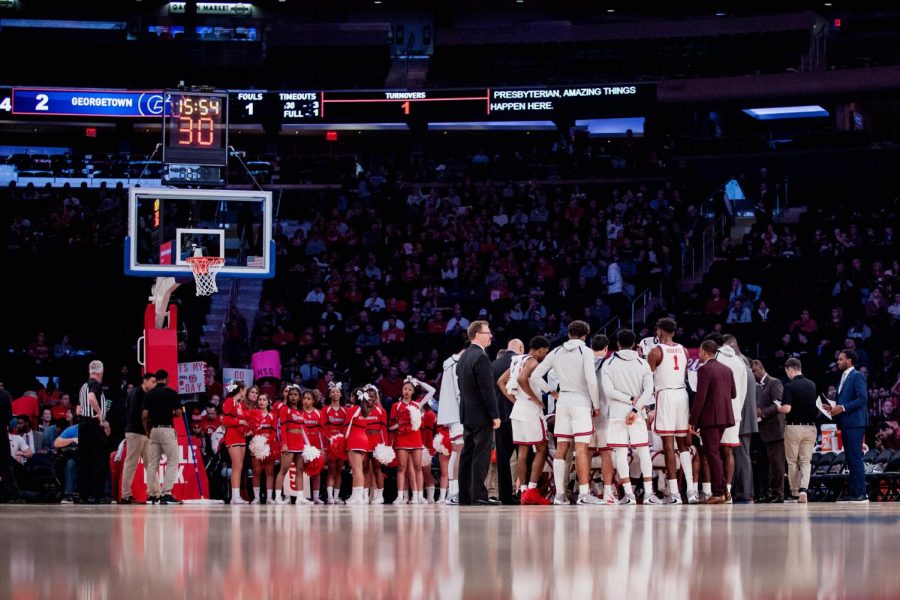
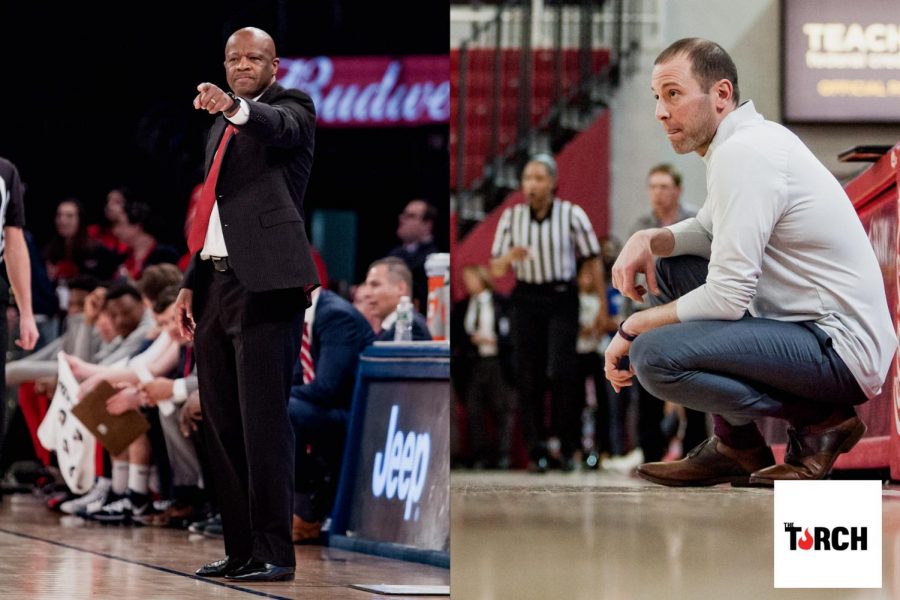
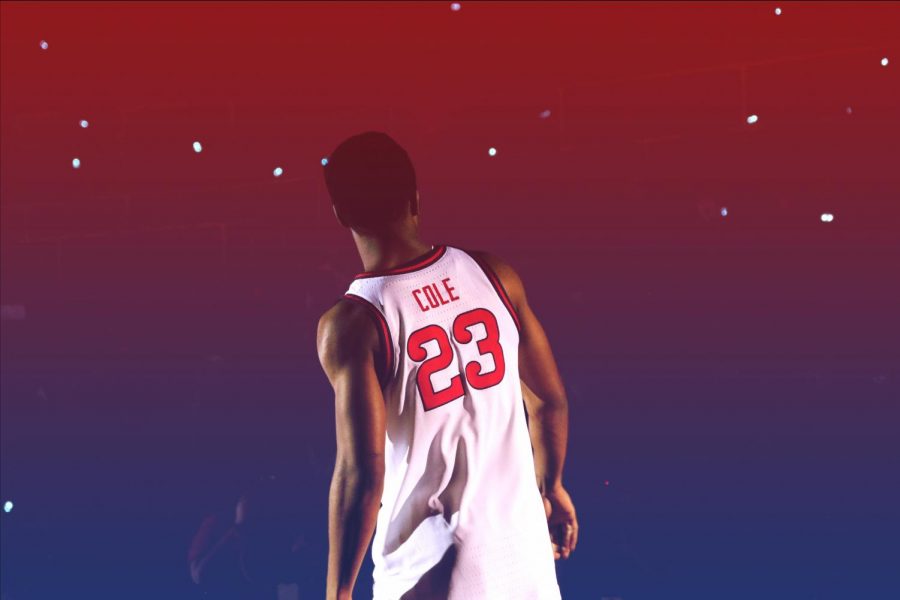


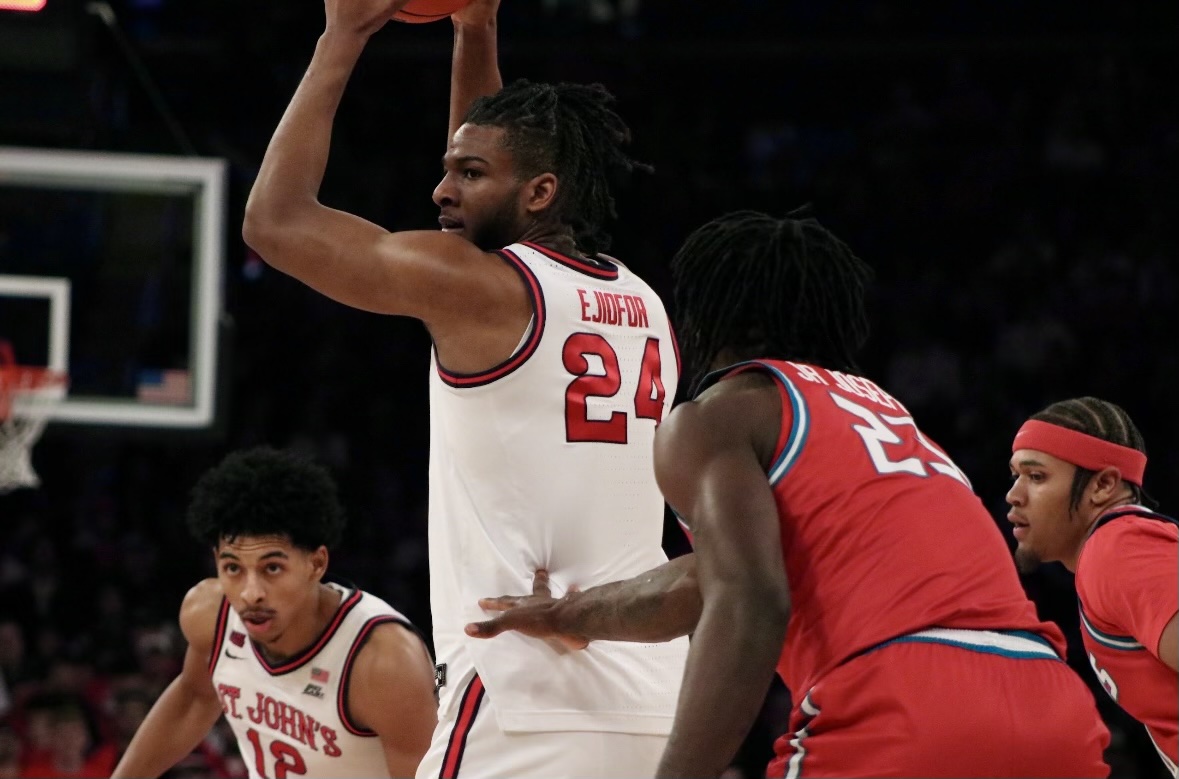
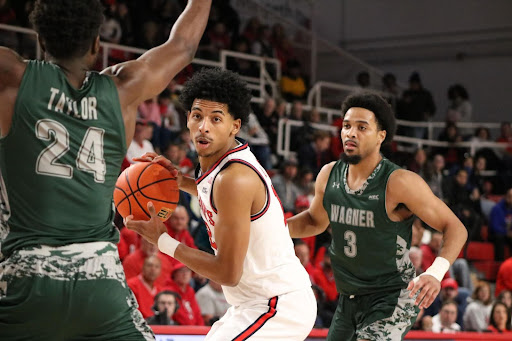


Ella • Apr 26, 2012 at 12:56 pm
your logic is backward if a guy skips clogele and gets hurt as a rookie if he is a top 5 pick he will have made 9-12 million dollars in guaranteed salary not to mention endorsements he will be set for life and be able to pay for a clogele education if he so chooses on the other hand if a guy suffers a catastrophic injury in clogele he wont ever be able to go pro i don’t know how many clogele grads make 12 million in their lifetimes nonetheless at 18 or 19. the fact of the matter is clogele will always be there for a guy who wants to get an education the nba is far from promised. besides the fact that the guys who could go right out of high school are gonna turn pro asap whatever the minimum is so school is just something they need to do to play ball really how many 1or2and done players are there to get a degree less than 5% prob. if a guy has the skill to go pro right out of HS he should be allowed.